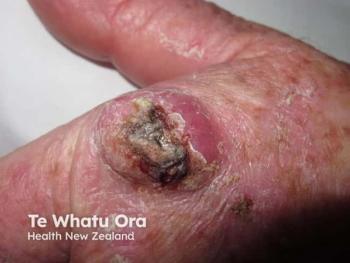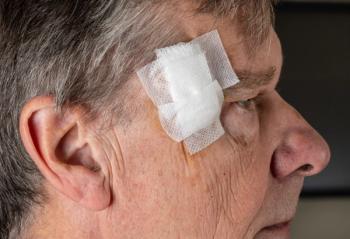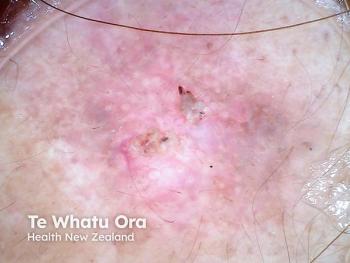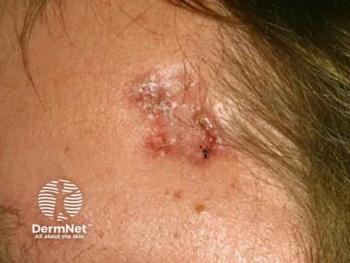
- Dermatology Times, May 2019 (Vol. 40, No. 5)
- Volume 40
- Issue 5
Apps for skin cancer care
Dermatologists and their patients are among those tapping into a growing market for apps that claim to help diagnose, treat and prevent skin cancers, including melanoma.
Today’s consumers are enamored with convenience and quick access, according to Suephy C. Chen, M.D, M.S., professor and vice chair of dermatology at Emory University and director of teledermatology for the Veterans Integrated Service Network 7.
Dermatologists and their patients are among those tapping into a growing market for apps that claim to help diagnose, treat and prevent skin cancers, including melanoma.
“Apps, telemedicine and wearables can provide both convenient and quick access to dermatologic care,” Dr. Chen says.
So, it’s important for dermatologists who might recommend these devices and options to patients or use them in practice to understand their strengths and limitations.
Key points for dermatologists regarding skin cancer apps, according to Dr. Chen, are that today’s apps are good for helping patients remember when to perform skin checks as a means of early detection of all skin cancers, including melanoma.
“The apps also enable patients to save photos of their moles to secure clouds, so that they can use them as a comparison when checking their skin,” she says.
However, current apps cannot reliably make diagnoses, Dr. Chen says.
That could change with time and these apps might become increasingly useful for diagnosing melanoma and non-melanoma skin cancers, thanks to ongoing artificial intelligence, she says.
Using teledermatology apps for direct-to-patient communication is feasible, but that, too, has challenges, according to Dr. Chen. Teledermatology apps allow patients to transmit photos of lesions to providers to evaluate in a secure fashion. The technology goes beyond texting photographs for secure image transmission, according to Dr. Chen.
“There is not a specific app that is better currently,” she says. “The shortcoming on teledermatology now is the lack of adequate reimbursement for providers in store-and-forward telemedicine.”
The Centers for Medicare and Medicaid Services (CMS) released its final rule on payment for store-and-forward telemedicine, in which data and images are collected from patients and sent to a dermatologist or other specialist to be viewed at a later time. The final rule is disappointing and limiting, according to Dr. Chen. For example, dermatologists are reimbursed $12.61 for a remote evaluation of images submitted by an established patient.
Wearable technologies seem to be the rage among consumers and, while their use is limited in skin cancer diagnosis and treatment, wearables can be useful in skin cancer prevention.
“The wearables are mostly reminders for sunscreen usage,” she says. “If consumers find them more reliable than a timer for reapplication of sunscreen, then dermatologists can recommend [these wearables].”
The factors that Dr. Chen believes will have the biggest influences on how these technologies impact dermatologists and their patients in the future will be increased access to artificial intelligence for adjunct diagnostics and changing legislation for reimbursement of store-and-forward telemedicine.
Disclosures:
Dr. Chen receives royalties from Menlo, is an investigator with Incyte and is a scientific advisory committee member for LEO Pharma.
Articles in this issue
over 6 years ago
Advances in squamous cell carcinoma managementover 6 years ago
Advancing women in aestheticsover 6 years ago
Research program explores energy for lesion treatmentover 6 years ago
More data needed to back SLNB for melanomaover 6 years ago
My new insight on eczemaover 6 years ago
My AI will see you nowover 6 years ago
What you should know about technology transferalmost 7 years ago
Facial care fleshed outalmost 7 years ago
Can I charge uninsured patients more?almost 7 years ago
A game-changer for children with atopic dermatitisNewsletter
Like what you’re reading? Subscribe to Dermatology Times for weekly updates on therapies, innovations, and real-world practice tips.












